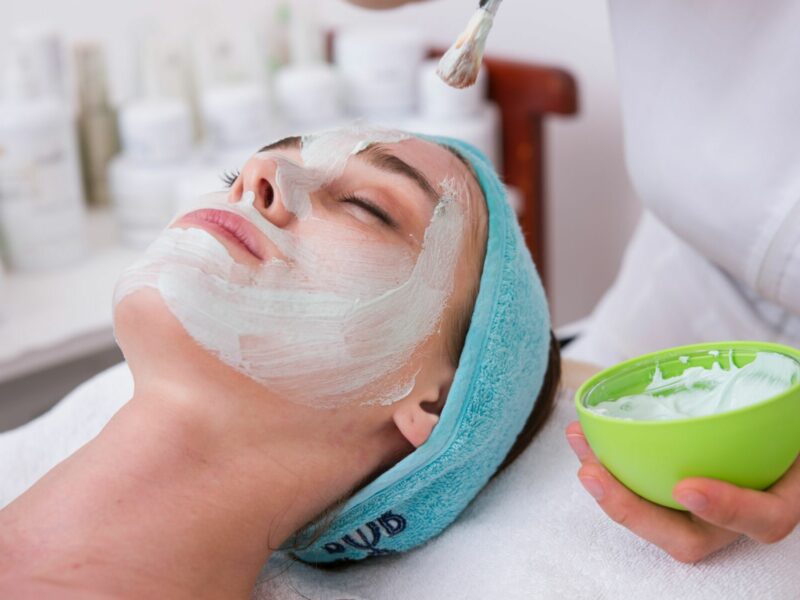Aestheticians are in the business of self-esteem. They help people to look better and therefore feel better. It is often an incredibly rewarding job. However, that doesn’t make it the right career choice for everyone. Obviously, as with any career, there are advantages and disadvantages to working as an aesthetician, like helping people to build their self-esteem or having to get up close and personal with their bodies and their processes. That being said, some people are simply built to be aestheticians, so if you think this is the career for you, read on for all the information you need to get started with your career.
What Does an Aesthetician Do?
The role of an aesthetician can vary depending on who you talk to. Most of an aesthetician’s job role revolves around skincare; they are experts in skincare and work to improve both the look and texture of their client’s skin. The treatments that they offer can vary depending on the preferences of the aesthetician themselves. They usually provide facials, waxes and chemical peels as a minimum; they may also offer micro-needling, injectables or other beautician services like an eyelash, eyebrow or nail treatments too.
Training
The training programme itself will dictate the necessary qualifications needed to qualify for the course, so this is something that you will need to look up when choosing the training course. The curriculum also varies depending on the course provider. Some courses are more individualised and require you to have a good base of knowledge behind you. For example, the Derma Institute offer a number of training courses designed to teach aestheticians how to properly perform procedures like fillers or Botox.
Licencing
For the most part, the licencing requirements will be largely dependent on where you live. The qualifications, training hours and certifications are often all a part of the licencing requirements. To get an idea of what you need to fulfil your licence where you live, you will need to do a bit of research, or if you are working as an apprentice or if you have a mentor, they can help to steer you in the right direction. In some cases, gaining the certifications and qualifications are enough as long as they are from accredited and recognised institutions.
Important Skills to Develop
There are several transferrable skills that can come in handy in many roles, as well as being an aesthetician. Regardless of what you are working on whilst you learn, you still have the opportunity to develop the skills that you will need. Obviously, in order to fit multiple appointments in your day, you need to have solid time management skills. Communication skills are also necessary alongside customer service skills. Problem-solving is also necessary, as is attention to detail.
To Conclude
Following your dreams regardless of where they take you in terms of career is important; whether people view it as a ‘typical’ or ‘traditional’ career is important. You need to feel fulfilled in your career; after all, you are going to spend a large portion of your life working, and loving what you do matters. Becoming an aesthetician is not necessarily easy. It will require work, but if it is your dream, then you need to be focused and dedicated.







